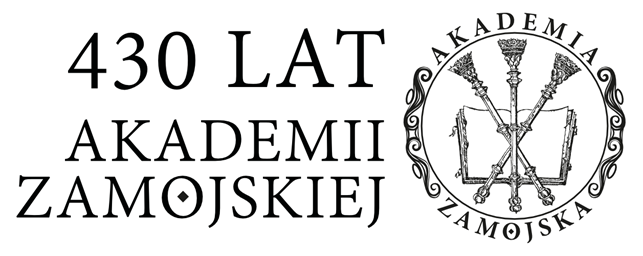Financial Autonomy of Local Authority. Remarks in the Context of Certain Proposals of Modification of the Local Government’s Income
Andrzej Niezgoda
Abstract
The article deals with the issue of breakdown of public income between central government's administration and the units of local authority. Creating units of local authority as a subject of public administration requires providing them with adequate financial resources that enable them to fulfill their task. These resources are given to local authority as a result of the breakdown of public income between central government's administration and the units of local authority. As a result, we receive the system of local authority's income that includes own revenue, general subsidy and purpose subsidies that come from state income that is regulated by Constitution and European Charter of Self-Government. One of the most basic factors that shape legal resolutions of the units of local authority that are autonomous subjects that fulfill certain public tasks (i.e., not hierarchically subjected to the central government’s administration, is their economic position). The aim of the article is the evaluation of the limitation to local authority's competence of deciding on the matter of the rate of local taxation and increasing the level of subsiding self-government by central government. The analysis of both of these proposals in the light of jurisprudence of Constitutional Tribunal leads to the conclusion that they do not go in line with the legal limits of Constitution and European Charter of Self-Government. What is more, the second one, if carried out, would mean limitation of autonomy of self-government and questioning of its economic position.
Keywords:
financial autonomy of local authority, the rule of adequacy (proportionality), own revenue, rate of local taxation, compensatory procedures, purpose subsidyDetails
References
Statistics
Authors
Citation rules
Licence

This work is licensed under a Creative Commons Attribution-NonCommercial-NoDerivatives 4.0 International License.


 English
English
 Język Polski
Język Polski




